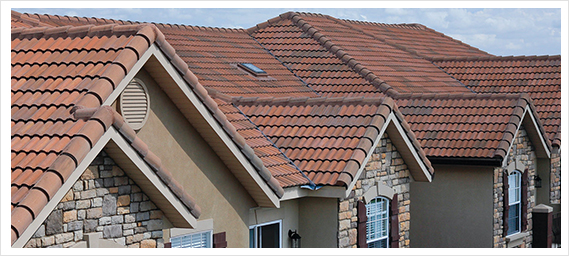
Selecting the right roofing material for your home in Southwest Florida is crucial, considering the region’s climate, which includes hot summers, frequent rainstorms, and occasional hurricanes. The ideal roofing material should not only withstand these weather conditions but also enhance energy efficiency and complement the aesthetics of your home. Here’s a guide to help you choose the best roofing material for Southwest Florida:
1. Climate Resilience
Southwest Florida experiences a subtropical climate with high temperatures, humidity, and frequent rain. Additionally, the region is prone to hurricanes and tropical storms during the Atlantic hurricane season. Therefore, the roofing material should be resilient to:
- High Winds: Roofing materials should be rated to withstand high wind speeds, especially for hurricane-prone areas.
- Heavy Rainfall: Proper drainage and resistance to water absorption are essential to prevent water damage and mold growth.
- UV Exposure: Materials should be able to withstand prolonged exposure to sunlight without deteriorating or fading.
2. Durability and Longevity
Investing in a durable roofing material ensures longevity and reduces maintenance costs over time. Consider materials known for their longevity and resistance to weather elements:
- Metal Roofing: Aluminum, steel, or copper roofs are highly durable and can withstand high winds and heavy rain. They are also resistant to fire, insects, and mold.
- Concrete or Clay Tiles: These materials are known for their durability and can last 50 years or more. They provide excellent protection against hurricanes and are fire-resistant.
3. Energy Efficiency
Given the hot climate in Southwest Florida, energy-efficient roofing materials can help reduce cooling costs and improve indoor comfort. Look for materials with high solar reflectance (ability to reflect sunlight) and thermal emittance (ability to radiate absorbed heat):
- Metal Roofing: Reflective metal roofs can reduce cooling costs by reflecting solar heat away from the home.
- Cool Roof Shingles: Some asphalt shingles are designed with reflective granules that reduce heat absorption and improve energy efficiency.
4. Aesthetic Appeal
The roofing material you choose should complement the architectural style and enhance the curb appeal of your home. Consider the following aesthetic factors:
- Color Options: Choose colors that blend well with the exterior of your home and the surrounding environment.
- Texture and Style: Options range from traditional to modern styles, including shingles, tiles, and metal panels.
5. Cost and Maintenance
Evaluate the initial cost, installation requirements, and long-term maintenance needs of different roofing materials:
- Asphalt Shingles: Cost-effective and easy to install, asphalt shingles are a popular choice. However, they may require more frequent replacement in Florida’s climate.
- Metal Roofing: Initial costs may be higher, but metal roofs require minimal maintenance and have a long lifespan, making them cost-effective in the long run.
Recommended Roofing Materials for Southwest Florida:
- Metal Roofing: Ideal for its durability, longevity, and resistance to high winds and rain. It offers excellent energy efficiency and is available in various styles and colors to suit different home designs.
- Concrete or Clay Tiles: Known for their durability and aesthetic appeal, these materials provide superior protection against hurricanes and offer natural insulation properties.
- Composite Roofing: Combining the durability of synthetic materials with the aesthetic appeal of traditional roofing, composite shingles or tiles can be a practical choice for homeowners seeking a balance between cost, durability, and aesthetics.
Conclusion
Choosing the best roofing material for your home in Southwest Florida requires careful consideration of climate resilience, durability, energy efficiency, aesthetic appeal, and maintenance requirements. By selecting a roofing material that meets these criteria, you can enhance the protection, energy efficiency, and overall value of your home while ensuring it withstands the challenges posed by Florida’s climate, including high winds, heavy rain, and intense sunlight. Consulting with a professional roofing contractor can provide additional insights and help you make an informed decision based on your specific needs and preferences.

 (800)293-0221
(800)293-0221